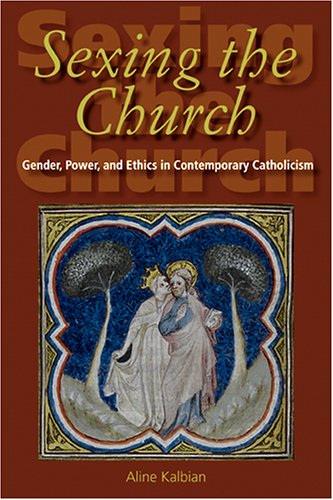

Most ebook files are in PDF format, so you can easily read them using various software such as Foxit Reader or directly on the Google Chrome browser.
Some ebook files are released by publishers in other formats such as .awz, .mobi, .epub, .fb2, etc. You may need to install specific software to read these formats on mobile/PC, such as Calibre.
Please read the tutorial at this link: https://ebookbell.com/faq
We offer FREE conversion to the popular formats you request; however, this may take some time. Therefore, right after payment, please email us, and we will try to provide the service as quickly as possible.
For some exceptional file formats or broken links (if any), please refrain from opening any disputes. Instead, email us first, and we will try to assist within a maximum of 6 hours.
EbookBell Team

4.0
96 reviews"A wonderful book that gives us a fresh angle of vision on modern Roman Catholic teaching about sex, marriage, gender relationships, and reproduction. After reading Sexing the Church, few will doubt the extent to which Catholic teaching about the law of nature owes no small debt to history and culture." --Richard B. Miller, Poynter Center for the Study of Ethics and American Institutions
..".Catholic attitudes about women in the priesthood... display [a] contradiction between egalitarian and subordinationist views.... Women are denied access to the 'eucharistic' priesthood because allowing them in would upset the redemptive order. Why is it, then, that imagery from the created order (women as mothers, brides, virgins) is often used to describe the redemptive 'mystery' that connects Christ with the Church? Why is the Church 'sexed' female?... This sexing of the Church is more than just an example of how gender and order work in Catholic morality; it also reveals tensions in the complex patterns of Catholic reasoning about marriage, reproduction, and church authority. In a surprising way, it challenges the order enforced by the Catholic ethics of marriage and reproduction." --from Chapter One
The regulation of human sexuality in contemporary Catholicism, a topic that monopolizes public conversation about the Catholic Church, is also a central concern of Catholic theological discussions of religious ethics. Aline H. Kalbian traces the history of the connection between moral theology and sexual ethics as it applies to the concern for order in official teachings on marriage, reproduction, and sex. She explores order as it is reflected in the theology of marriage, the 20th-century challenge to that order in the debates on contraception and assisted reproduction, and the way attitudes about gender in Catholicism connect theological and moral order with ecclesiastical order.